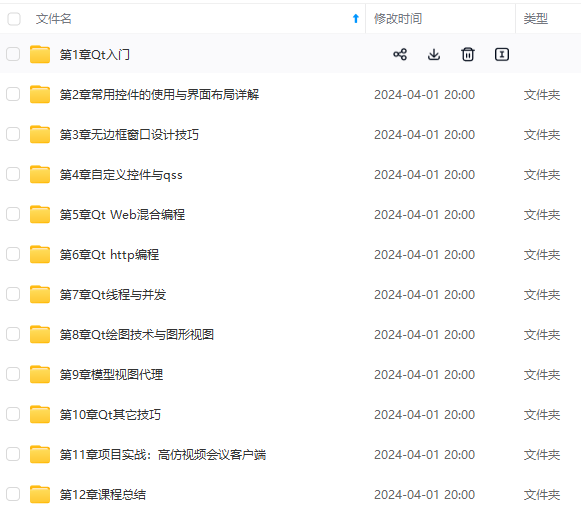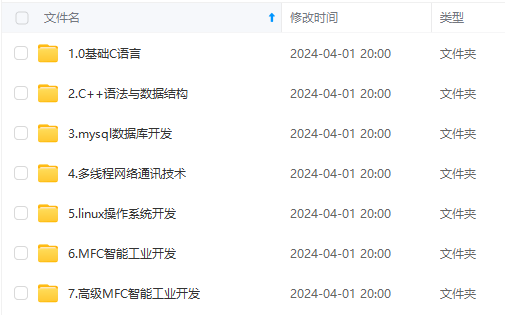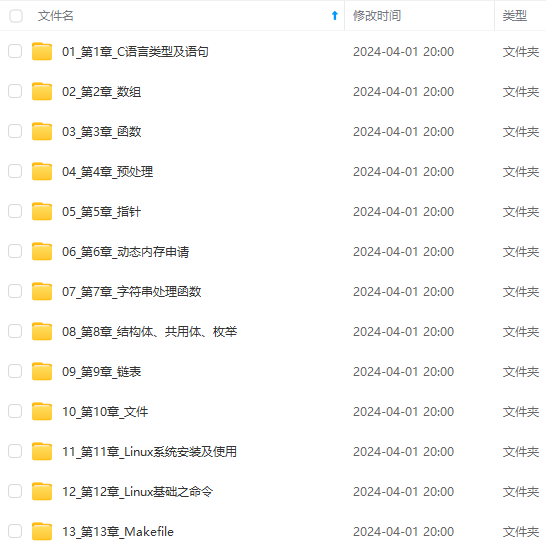

网上学习资料一大堆,但如果学到的知识不成体系,遇到问题时只是浅尝辄止,不再深入研究,那么很难做到真正的技术提升。
一个人可以走的很快,但一群人才能走的更远!不论你是正从事IT行业的老鸟或是对IT行业感兴趣的新人,都欢迎加入我们的的圈子(技术交流、学习资源、职场吐槽、大厂内推、面试辅导),让我们一起学习成长!
* 加入cache的数据
*/
private Map<String, String> setData() {
Map<String, String> result = new HashMap<>();
result.put("result1", "小明");
result.put("result2", "小黑");
result.put("result3", "小白");
result.put("result4", "小黄");
return result;
}
/\*\*
* 构建缓存对象
*/
private void buildCache() {
cache = CacheBuilder.newBuilder().refreshAfterWrite(8, TimeUnit.SECONDS)
.build(new CacheLoader<String, Map<String, String>>() {
@Override
public Map<String, String> load(String s) throws Exception {
System.out.println("load ...");
return setData();
}
@Override
public ListenableFuture<Map<String, String>> reload(String key, Map<String, String> oldValue)
throws Exception {
System.out.println("reload ...");
ListenableFutureTask<Map<String, String>> task = ListenableFutureTask
.create(new Callable<Map<String, String>>() {
@Override
public Map<String, String> call() throws Exception {
return setData();
}
});
executorService.execute(task);
return task;
}
});
}
/\*\*
* 测试
*/
public static void main(String[] args) {
LoadingCacheDemo demo = new LoadingCacheDemo();
demo.buildCache();
Runnable runnable1 = () -> {
for (int i = 0; i < 100; i++) {
try {
System.out.println("Runnable1 Before Get Cache");
System.out.println("Runnable1 " + demo.cache.get("test"));
System.out.println("Runnable1 After Get Cache");
Thread.currentThread().sleep(1000);
} catch (ExecutionException e) {
e.printStackTrace();
} catch (InterruptedException e) {
e.printStackTrace();
}
}
};
Runnable runnable2 = () -> {
for (int i = 0; i < 100; i++) {
try {
System.out.println("Runnable2 Before Get Cache");
System.out.println("Runnable2 " + demo.cache.get("test"));
System.out.println("Runnable2 After Get Cache");
Thread.currentThread().sleep(1000);
} catch (ExecutionException e) {
e.printStackTrace();
} catch (InterruptedException e) {
e.printStackTrace();
}
}
};
Thread thread1 = new Thread(runnable1);
Thread thread2 = new Thread(runnable2);
thread1.start();
thread2.start();
}
}
## expireAfterWrite 例子
package com.cjt.demo;
import com.google.common.cache.Cache;
import com.google.common.cache.CacheBuilder;
import java.util.concurrent.Callable;
import java.util.concurrent.ExecutionException;
import java.util.concurrent.TimeUnit;
public class CacheDemo2 {
private static Cache<String, String> cache = CacheBuilder.newBuilder().maximumSize(1).
expireAfterWrite(10, TimeUnit.SECONDS).build();
public static void main(String[] args) {
try {
Runnable runnable1 = () -> {
for (int i = 0; i < 10; i++) {
try {
String str = cache.get("123", new Callable<String>() {
public String call() throws Exception {
cache.put("123","123");
return "111111111111111";
}
});
System.out.println(str);
Thread.currentThread().sleep(1000);
} catch (ExecutionException e) {
e.printStackTrace();
} catch (InterruptedException e) {
e.printStackTrace();
}
}
};
Runnable runnable2 = () -> {
for (int i = 0; i < 10; i++) {
try {
System.out.println(cache.get("456", new Callable<String>() {
public String call() throws Exception {
cache.put("456","456");
return "222222222222222";
}
}));
Thread.currentThread().sleep(1000);
} catch (ExecutionException e) {
e.printStackTrace();
} catch (InterruptedException e) {
e.printStackTrace();
}
}
};
Thread thread1 = new Thread(runnable1);
Thread thread2 = new Thread(runnable2);
thread1.start();
thread2.start();
} catch (Exception e) {
e.printStackTrace();
}
}
}


**既有适合小白学习的零基础资料,也有适合3年以上经验的小伙伴深入学习提升的进阶课程,涵盖了95%以上C C++开发知识点,真正体系化!**
**由于文件比较多,这里只是将部分目录截图出来,全套包含大厂面经、学习笔记、源码讲义、实战项目、大纲路线、讲解视频,并且后续会持续更新**
**[如果你需要这些资料,可以戳这里获取](https://bbs.youkuaiyun.com/topics/618668825)**
以上经验的小伙伴深入学习提升的进阶课程,涵盖了95%以上C C++开发知识点,真正体系化!**
**由于文件比较多,这里只是将部分目录截图出来,全套包含大厂面经、学习笔记、源码讲义、实战项目、大纲路线、讲解视频,并且后续会持续更新**
**[如果你需要这些资料,可以戳这里获取](https://bbs.youkuaiyun.com/topics/618668825)**
























 被折叠的 条评论
为什么被折叠?
被折叠的 条评论
为什么被折叠?








